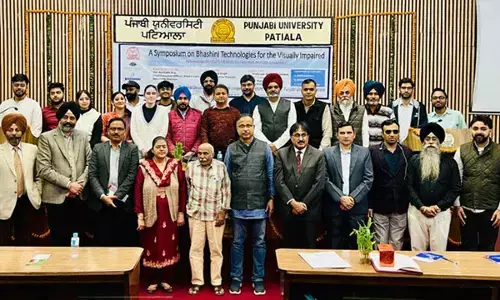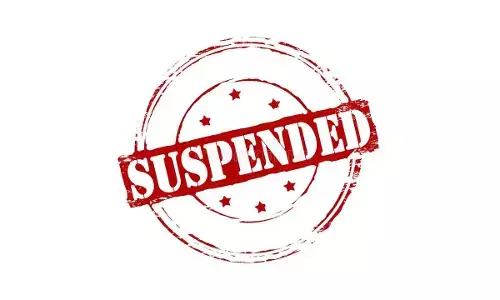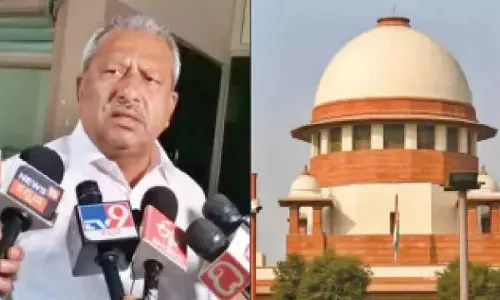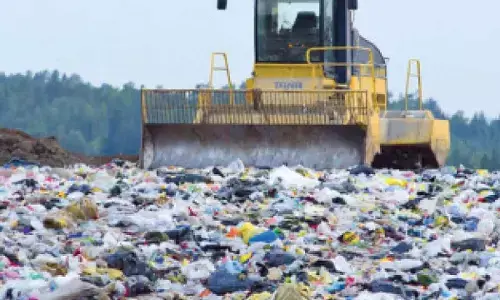Farmers need protection from multinationals
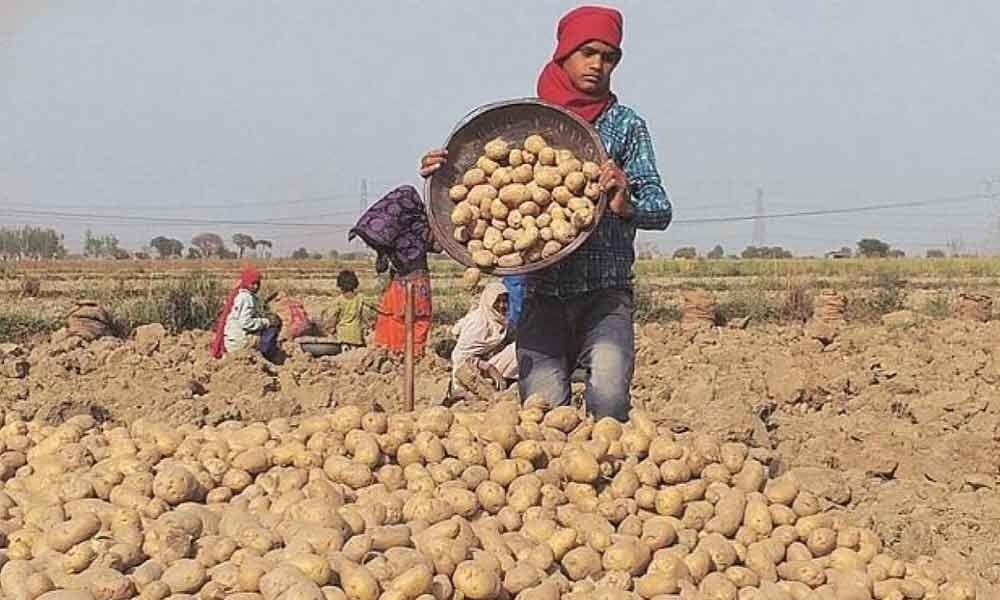
Pepsico company recently filed cases against Gujarat farmers for growing potato varieties for which it has the plant protection rights.
Pepsico company recently filed cases against Gujarat farmers for growing potato varieties for which it has the plant protection rights.
They have slapped cases against farmers in local courts in Gujarat claiming a compensation of Rs one crore. They seem to be now willing for an out- of - court settlement with farmers.
A company which has entered the Indian market in 1989 and encouraged contract farming first in Punjab and then expanded to other states at this point of time to get involved with a patent infringement issues with the farmers looks a bit strange.
But in the process, they have brought to the fore substantial issues of protection of farmers' rights under the protection of plant varieties and Farmers Rights Act of 2001.
As long as the research and development of plant varieties was in the hands of government and government research organisations there was no need for any such plant protection rights.
Farmers generally were the beneficiaries of any such innovations and research. With the advent of WTO and related TRIPS agreement entered into by members of WTO there arose a need to bring in a law in India complaint with the TRIPS agreement.
India had an option of complying with the patent system or bringing in our own sui generis system for protection of plant varieties and we went in for a sui generis system providing for farmers rights breeders rights with a provision for equitable sharing of benefits.
Accordingly the protection of plant varieties and Farmers Rights Act was passed. It is this act that Pepsico company is invoking to sue the farmers of Gujarat.
The way this legislation was drafted it is supposed to be farmer-friendly and under Section 39 protects farmer's interest including the sale of a protected variety except under commercial arrangement in a branded form.
On the other hand, Section 28 of the Act confers an exclusive right on the breeder and those licensed by to deal with that variety.
Apparently courts may have to reconcile both these two sections to establish the respective rights of farmers and the companies supplying the seed.
That in any case courts will decide in their own sweet time and before that issue may get resolved out of the court. The issue itself raises three important questions .
1. Can we do do away with the patenting laws?
2. Is there an alternative to multinational- led contract farming?
3. How best to protect resource poor not so well-educated farmers against the onslaught of such multinationals as Pepsico?.
The first question the answer is clear no. We are part of the World Trade Organisation along with it all the laws and rules that go with it and there is no way will be in a position to get out of the patenting system.
The way the whole system was evolved was very unfair to the developing world and developed world got all that they wanted including intellectual property rights protection without conceding anything on the agricultural front with the failure of Doha round of trade negotiations.
But there's nothing we as a country can do to put the clock back. But what amendments we may have to make to the plant varieties and farmers rights act while complying with the trips mandate to protect the interest of the farmers is any issue on which the government will have to work immediately.
Cooperative farming can be an effective alternative to corporate led contract farming. But this needs a strong farmer leadership and except the Amul experiment of Gujarat all other cooperative initiatives have failed miserably.
The multinational led contract farming has lot of advantages in terms of bringing in capital, expertise in processing etc. More importantly global market for the farm products.
But they need to be closely watched and monitored for unethical practices and profiteering. This is an area on which government need to put a focus and concentrate on.
That they have an important role in transforming the Indian agriculture by connecting the small farms with a global market by engaging in contract farming is a significant issue we need to keep in mind while dealing with these entities.
The last point is the most important one of how to protect the farmer against onslaught of these multinationals.
That they have slapped cases for damages up to one crore of rupees on small farmers holding three to four acres of land shows what levels they can go to teach a lesson to the farmers and protect their own interests.
This is where the government has a very important role of establishing a mechanism of safeguarding the interest of the farmers and fighting the cases on their behalf all cost borne by the government. It is not just a question of a multinational filing a case against the farmers.
If the seed given by them does not germinate as promised by them where does the farmer have the capacity to fight them. Unfortunate that issues of livelihood have become issues of litigation.
The government should do everything to delink the farmer from the litigation process and ensure that he goes on with his farming other issues being taken care of the body to be set up by the government.
(Writer is former Chief Secretary, Government of Andhra Pradesh)








